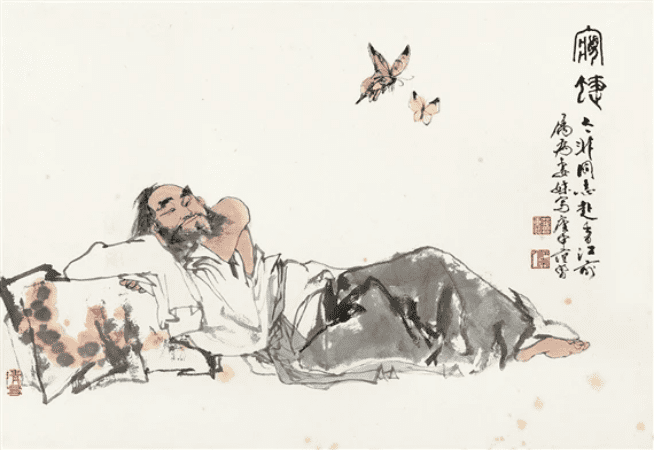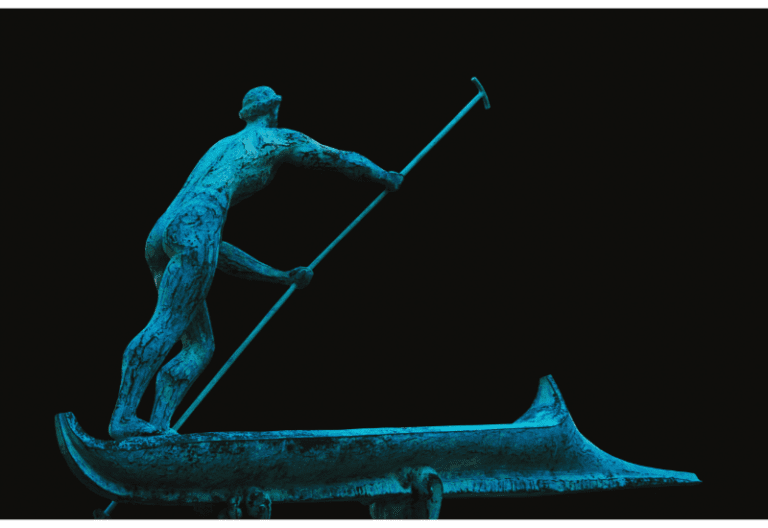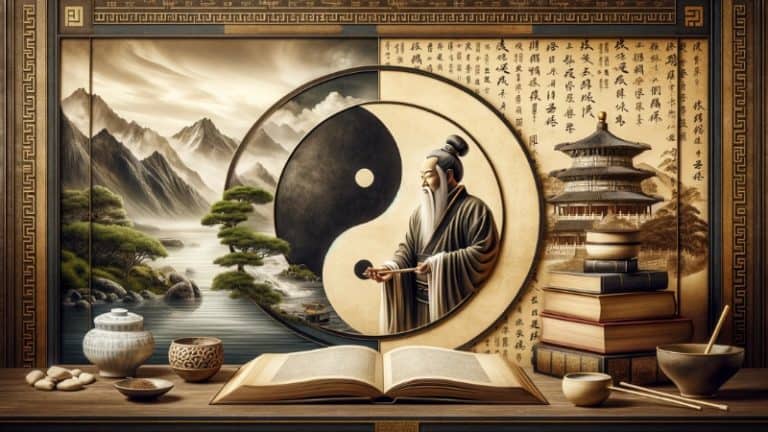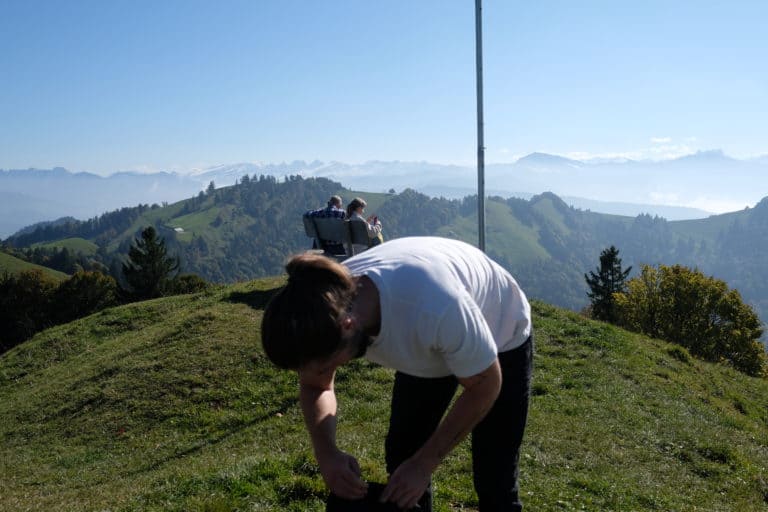Zhuangzi: The Pursuit of Happiness - Philosophy Simply Explained
In many Far-Eastern philosophies and religions, the pursuit of enlightenment and happiness is an integral aspect. I realized years ago that we in the West also feel a need for this, but we in our cultures are not actively engaged in these goals.
In most cases, Western countries try to bring about fulfillment and happiness with external circumstances. However, the Chinese philosopher and co-founder Zhuangzi (or also Dschuang Dsi) formulated happiness as something completely different:
"Happiness is the absence of the pursuit of Luck."
- Zhuangzi
So happiness is something that you find through your own attitude. So when you are no longer eager to seek happiness. According to Zhuangzi, if we have the idea of wanting to achieve happiness through an effort, this is contrary to the very nature of things.
For example, I find myself happiest in situations where I have not consciously sought happiness. Typically, that's when I'm spending a beautiful day with precious people or losing myself in an activity like hiking, writing, or something similar.
Zhoungzi used this quote to describe exactly this phenomenon, which is known to us as the flow state. Luke has written a more comprehensive article on this topic, but in a nutshell, these moments are real and fulfilling. You find yourself in tune with things.
This state is not attainable if one's thoughts revolve around wanting to find this state of happiness. You probably know this from yourself and it is not surprising. In such situations, the human brain is too tense and fixated on the thought of wanting to be happy and thus blocked.
But a second background should also be considered here: the desire not to desire. The philosopher Alan Watts had often addressed this and pointed out the accompanying problem that the desire is a coveting. In English, this dilemma becomes directly clear: desire not to desire
An excellent exercise to move from the desire not to desire to get rid of is to try not to force things, but to "simply" accept and let them happen. This is also found, for example, in "Mindfulness Meditation" (the most popular type in the West). In this meditation, the aim is to let one's thoughts come and go without bias.
This can be found in various far-eastern philosophies in a comprehensible way. For example, in Daoism under the term Wu-Wei, which could be translated as "not forcing" and describes a state of mind in which one lets things take their course without making any efforts of one's own to influence them. In my article about Alan Watts' explanation of Wu-Wei you can learn even more.
Take-Aways for you
If you practice not wanting to force happiness and do activities that you like to do and thus get into the flow state more and more often, you will feel happy more and more often. It works for me, it works for Lukas, it works for millions of other people and I'm sure it works for you too.
If you are interested in Daoist ideas and concepts, here is a small selection - as usual in simple understandable words:
- "A journey of a thousand miles..." - Lao Tzu's tip for your life's journey
- "When I let go..." - Lao Tzu about one's own potential
- Lao Tzu: Why You Shouldn’t Care What Others Think
Did you like this article? You can let us inform you about new articles:







